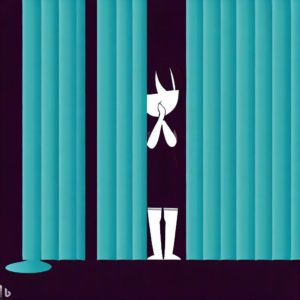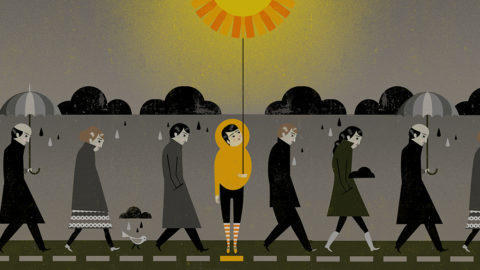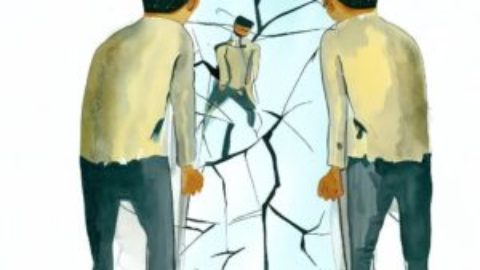In our buzzing world, we often find ourselves looking for quick fixes and instant answers. But when we touch on the sensitive subject of child sexual abuse, we need to understand that disclosure can take time, a lot of time. Victims may take years, even decades, to share their experiences. So, what’s behind this? Let’s explore together.
Understanding the Trauma
First off, let’s take a moment to recognize the tremendous fear and trauma associated with child sexual abuse. Imagine being a child who’s undergone such a terrifying incident. Would you feel at ease sharing such a deeply personal and distressing experience? The fear of being judged, feeling ashamed, and facing potential backlash can make it extremely hard for victims to come forward.
The Shadows of Abuse

Abuse thrives in an atmosphere of silence, secrecy, and manipulation. Abusers often misuse their power to blame the victims or threaten them into silence. This dreadful mix of fear and shame can create a seemingly impenetrable barrier for victims, leading to delayed disclosure.
Unraveling the Threads of Grooming
Let’s also discuss “grooming”. It’s a sly strategy that abusers employ to win the victim’s trust and normalize the abuse. Over time, victims might get caught up in this manipulative web to such an extent that they find it hard to identify the abuse, which leads to a delay in disclosure.
The Interplay Between Memory and Trauma
Next, consider how memory and trauma interact when it comes to disclosure. Trauma can significantly affect the brain, sometimes causing victims to suppress or even repress memories of the abuse as a self-defense mechanism. These memories might not resurface until many years later, which might be the first time the victim becomes consciously aware of the abuse.
How Can We Help?
It’s not all doom and gloom, though. Awareness about these obstacles to disclosure can aid us in better supporting victims of child sexual abuse. Here are a few ways we can make a positive difference:
- Educate Ourselves and Others: Being aware of the reality of child sexual abuse and the reasons for delayed disclosure can help create an environment that’s more understanding and supportive for victims.
- Promote Open Conversations: If discussions about abuse and trauma become more commonplace, victims may feel less isolated and more supported, potentially encouraging them to disclose sooner.
- Back Professional Services: Therapists and counselors are crucial in aiding victims to disclose and process their experiences. Online psychotherapy via webcam, for example, has made it simpler for victims to seek assistance, even from the safety of their homes.
To wrap up, the delayed disclosure of child sexual abuse is a multifaceted issue influenced by fear, shame, manipulation, and the effects of trauma on memory. As we navigate these challenging issues, let’s remember that our empathy, patience, and support can be a game-changer for those who’ve suffered from this unimaginable trauma.






